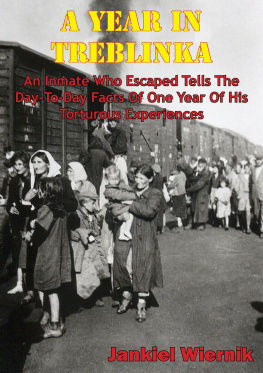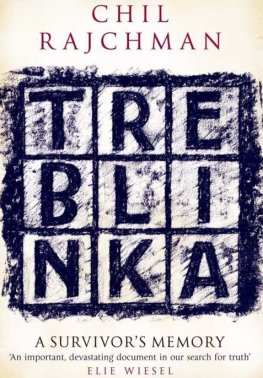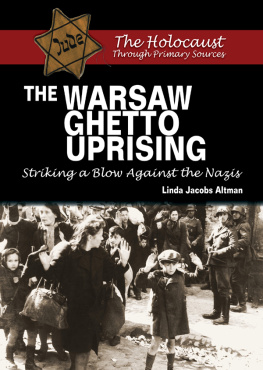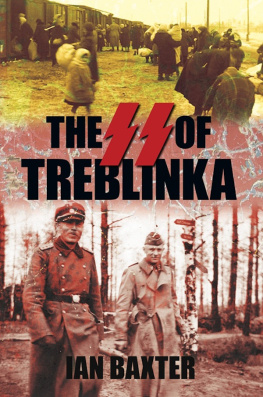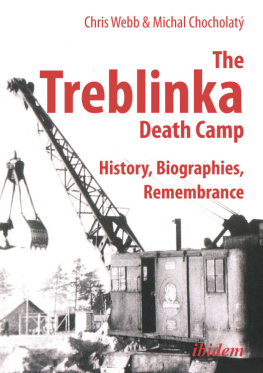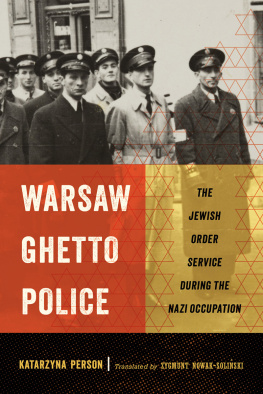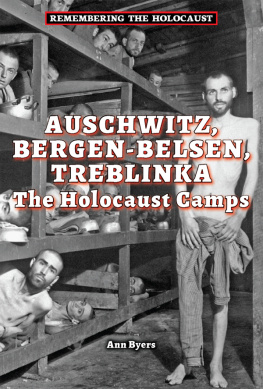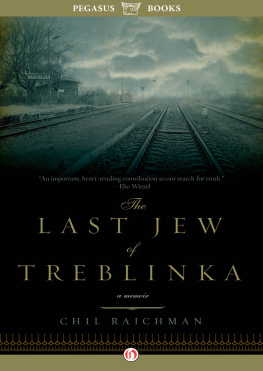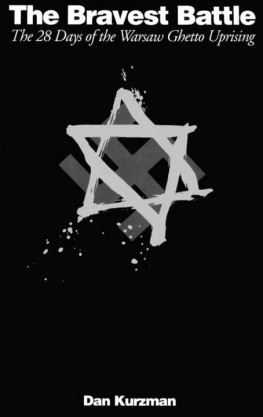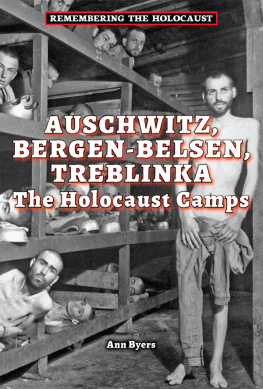

This edition is published by PICKLE PARTNERS PUBLISHINGwww.picklepartnerspublishing.com
To join our mailing list for new titles or for issues with our books picklepublishing@gmail.com
Or on Facebook
Text originally published in 1944 under the same title.
Pickle Partners Publishing 2014, all rights reserved. No part of this publication may be reproduced, stored in a retrieval system or transmitted by any means, electrical, mechanical or otherwise without the written permission of the copyright holder.
Publishers Note
Although in most cases we have retained the Authors original spelling and grammar to authentically reproduce the work of the Author and the original intent of such material, some additional notes and clarifications have been added for the modern readers benefit.
We have also made every effort to include all maps and illustrations of the original edition the limitations of formatting do not allow of including larger maps, we will upload as many of these maps as possible.
A YEAR IN TREBLINKA
By Yankel Wiernik
An Inmate Who Escaped Tells the Day-To-Day Facts of One Year of His Torturous Experiences
Published by
AMERICAN REPRESENTATION
of the
General Jewish Workers Union of Poland
TABLE OF CONTENTS
Contents
FOREWORD
This amazing manuscript is THE FIRST EYE-WITNESS REPORT on Treblinka, a German death camp in Poland. It was written by an escaped prisoner of the camp, Yankel Wiernik, a Jewish worker from Warsaw, who spent a year there.
ONE YEAR IN TREBLINKA was recently published in Poland, in the form of a CLANDESTINE BOOKLET, by the Coordinating Committee, an underground body of the remnants of the Jewish population of Poland, which comprises the Jewish Labor Movement and the Jewish National Committee.
Wiernik escaped from Treblinka during the uprising there.
The Nazi murderers slaughtered millions of Jewish men, women, children and oldsters in cold blood.
Every man and woman who wishes to acquaint himself with the criminal aspect of Nazism and Fascism should read Wierniks book.
The following is a VERBATIM TRANSLATION of this document.
CHAPTER 1
Dear Reader:
For your sake alone I continue to hang on to my miserable life, though it has lost all attraction for me. How can I breathe freely and enjoy all that which nature has created?
Time and again I wake up in the middle of the night moaning pitifully. Ghastly nightmares break up the sleep I so badly need. I see thousands of skeletons extending their bony arms towards me, as if begging for mercy and life, but I, drenched with sweat, feel incapable of giving any help. And then I jump up, rub my eyes and actually rejoice over it all being but a dream. My life is embittered, Phantoms of death haunt me, specters of children, little children, nothing but children.
I sacrificed all those nearest and dearest to me. I myself took them to the place of execution. I built their death-chambers for them.
Today I am a homeless old man without a roof over my head, without a family, without any next of kin. I talk to myself. I answer my own questions. I am a nomad. It is with a sense of fear that I pass through human settlements. I have a feeling that all my experiences have become imprinted on my face. Whenever I look at my reflection in a stream or pool of water; awe and surprise twist my face into an ugly grimace. Do I look like a human being? No, decidedly not. Disheveled, untidy; run-down. It seems as if I was carrying a load of several centuries on my shoulders. The load is wearisome, very wearisome, but I must carry it for the time being. I want to and must carry it. I, who saw the doom of three generations, must keep on living for the sake of the future. The world must be told of the infamy of those barbarians, so that centuries and generations to come can execrate them. And, it is I who shall cause it to happen. No imagination, no matter how daring, could possibly conceive of anything like that which I have seen and lived through. Nor could any pen, no matter how facile, describe it properly. I intend to present everything accurately so that the entire world may know what western culture was like. I suffered while leading millions of human beings to their doom, so that many millions of human beings might know all about it. That is what I am living for. That is my one aim in life. In peace and solitude, I am constructing my story and am presenting it with faithful accuracy. Peace and solitude are my trusted friends and nothing but the chirping of birds furnishes accompaniment to my meditations and labors. The dear birds. They still love me otherwise they would not chirp away so cheerfully and would not become used to me so easily. I love them as I do all of Gods creatures. Maybe the birds will restore my peace of mind. Perhaps I shall someday know how to laugh again.
Perhaps that will come to pass once I have accomplished my work and after the fetters now binding us have fallen away.
CHAPTER 2
It happened in Warsaw on August 23, 1942, at the time of the blockade. I had been visiting my neighbors and never returned to my own home again. We heard the noise of rifle fire from every direction, but had no inkling of the bitter reality. Our terror was intensified by the entry of German squad leaders (Schaarfhrer) and of Ukrainian militiaman (Wachmnner) who yelled loudly and threateningly: All outside.
In the street a squad leader arranged the people in ranks, without any distinction as to age or sex, performing his task with glee, a satisfied smile on his face. Agile and quick of movement, he was here, there and everywhere. He looked us over appraisingly, his eyes glancing up and down the ranks. With a sadistic smile he contemplated the great accomplishment of his mighty country which, at one stroke, could chop off the head of the loathsome hydra.
He was the vilest of them all. Human life meant nothing to him, and to inflict death and untold torture was a supreme delight. Because of his heroic deeds, he subsequently became deputy squad commander (Unterscharfhrer). His name was Franz. He had a dog named Barry, about which I shall speak later.
I was standing on line directly opposite my house on Wolynska Street. From there we were taken to Zamenhof Street. The Ukrainians divided our possessions among themselves under our very eyes. They quarreled, opened up all bundles and assorted their contents.
Despite the large number of people, a deep quiet hung, like a pall over the crowd, which was seized with mute despair. Or, was it resignation? And still we were ignorant of the truth. They photographed us as if we were animals. Part of the crowd seemed pleased and I myself hoped to be able to return home, thinking that we were being put through some identification procedure.
At a word of command we got under way. And then, to our dismay, we came face to face with stark reality. There were railroad cars, empty railroad cars, waiting to receive us. It was a typical bright and hot summer day. What wrongs had our wives, children and mothers committed? Why all this? The beautiful, bright and radiant sun disappeared behind clouds as if loath to look down upon our suffering and humiliation.
Next came the command to entrain. As many as 80 personas were crowded into each car with no way to escape. I was dressed in my only pair of trousers, a shirt and a pair of low shoes. I had left a packed knapsack and a pair of high boots at home, which I had prepared because of rumors that we were to be taken to the Ukraine and put to work there. Our train was shunted from one track of the yard to another. In the meantime our Ukrainian guards were having a good time. Their shouts and merry laughter were clearly audible.
Next page
